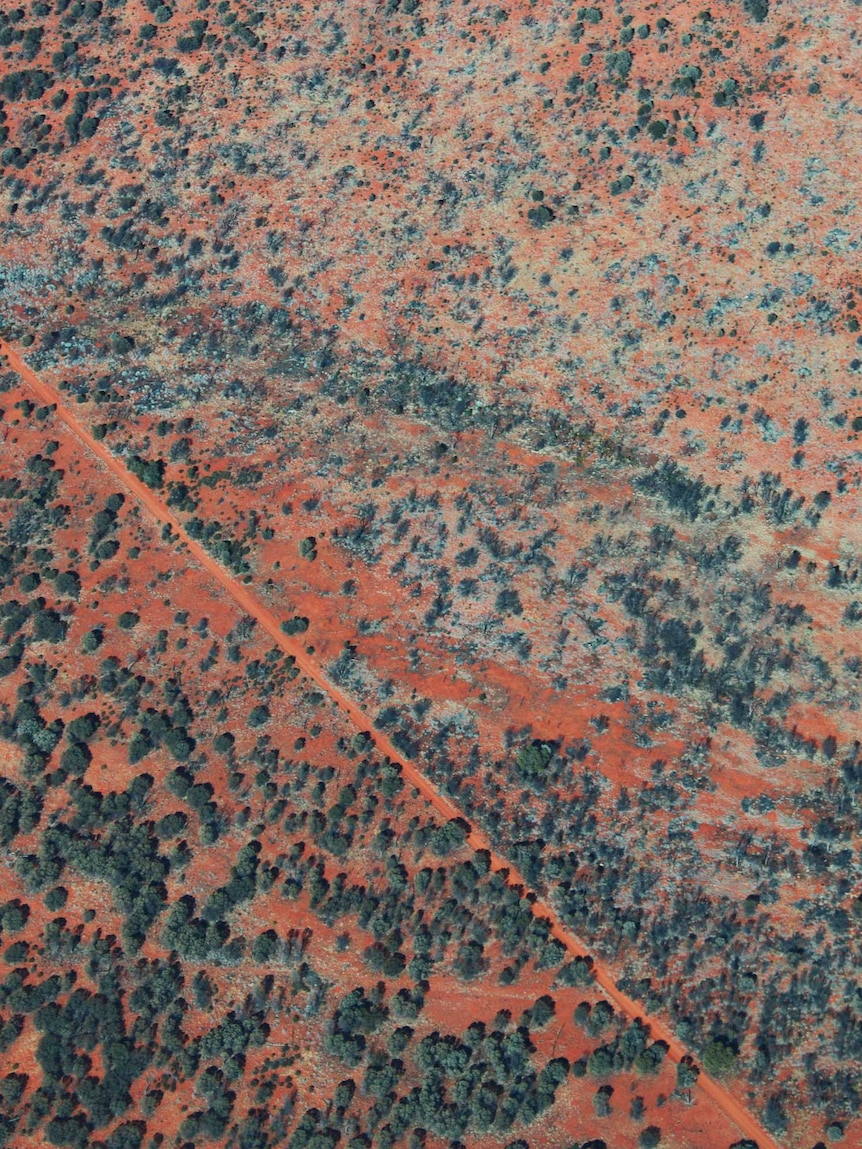Indigenous leaders in the Anangu Pitjantjatjara Yankunytjatjara (APY) Lands say today’s 40th anniversary of the land rights act is a special day for reflection.
Key points:
- The Anangu Pitjantjatjara Yankunytjatjara Land Rights Act came into effect in 1981
- Leaders say the anniversary is a chance to reflect on how far the community has come
- Celebrations are being delayed until 2022 due to the COVID risk
Aboriginal and Torres Strait Islander readers are advised this article contains the image of a deceased person.
The anniversary marks four decades since Indigenous owners were granted freehold title of South Australia’s remote APY Lands.
It allows its traditional owners to collectively determine how the land is managed.
Although the ongoing risk from COVID-19 means celebrations have been delayed until next year, APY Lands general manager Richard King said today’s anniversary was a chance to look at how far the community had come.
Supplied: APY
)“While much has happened and life has improved across the Lands, there is still lots to be done.”
He encouraged the next generation “to become involved in creating a future for themselves and their families”.
“It’s a chance … to take some input from the young and emerging leaders about where they want to go into the future, and to make sure that we start to build a pool of young leaders who are able to step up and take on the challenges for the future.”
Land Rights Act made history
The Anangu Pitjantjatjara Yankunytjatjara Land Rights Act 1981 (SA) remains unprecedented in Australian land rights history, in that it granted inalienable freehold title to its traditional owners.
The law means Anangu Pitjantjatjara people own more than 100,000 square kilometres of land in the far north-west of the state.
Supplied: APY’s Ara Irititja project
)It did this by creating Anangu Pitjantjatjara — renamed Anangu Pitjantjatjara Yankunytjatjara in 2005 — as a statutory authority.
Mr King said the APY land rights act was one of the first in Australia to be granted.
South Australian Premier Steven Marshall said the act coming into operation on October 2, 1981 was a “historic and very proud achievement”.
He said the state government had provided funding to the APY executive board to celebrate the milestone.
He plans to visit the region when celebrations take place.
“I have recognised this in the grant to the APY of the Premier’s COVID-19 Safe Aboriginal Community Leadership Award.”
Celebrations planned as vaccination rates increase
The 40th anniversary festival, which will feature artists and guests from across the country, is scheduled for April 10, 2022.
Mr King said planning for the celebrations would continue in the expectation that vaccination levels would improve.
He said delaying celebrations was the safest decision for the community.
“We thought it best just to postpone it, to give us more time and to give people more time to get vaccinated,” he said.
“We are dealing with a vulnerable group of people and we’re going to be bringing in people from all over Australia.”




